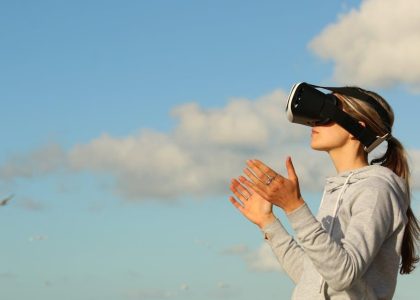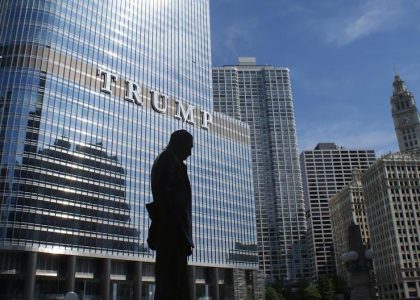



Meta plans to enhance its AI models by integrating insights from public posts and user interactions across the EU. This initiative aims to refine algorithms while navigating the complex landscape of data privacy regulations, balancing innovation with user trust.

In a pivotal courtroom scene, Mark Zuckerberg stood resolute as he defended Meta against accusations of social media monopoly. Emphasizing innovation and user choice, he argued that competition thrives in the digital landscape, challenging the narrative of dominance.

In a high-stakes courtroom showdown, Meta and the FTC are set to clash over allegations of monopolistic practices. As both sides prepare their arguments, the outcome could reshape the tech landscape and redefine competition in the digital age.

Explore the future of virtual reality with the Meta Quest 3S, now available for as low as $270. Dive into immersive worlds and experiences that redefine gaming and entertainment, making cutting-edge technology more accessible than ever. Don’t miss out!

On day one of the Meta monopoly trial, Mark Zuckerberg faced rigorous questioning as prosecutors dissected the tech titan’s practices. The courtroom buzzed with tension, setting the stage for a high-stakes battle over digital dominance in the modern age.

Meta is currently defending its ownership of Instagram and WhatsApp at a trial facing antitrust claims. As scrutiny intensifies, the outcome could reshape the digital landscape, with potential ramifications for competition and consumer choice.

Meta AI is set to enhance its capabilities by training on data from EU users, marking a significant step in its ongoing quest for refined algorithms. This move raises questions about privacy and data usage in the rapidly evolving landscape of artificial intelligence.

In a bid to fortify President Trump’s stance, officials rallied to counter Meta, navigating the digital landscape’s complexities. They aimed to ensure the administration remained steadfast against perceived censorship, while balancing the intricacies of public discourse.